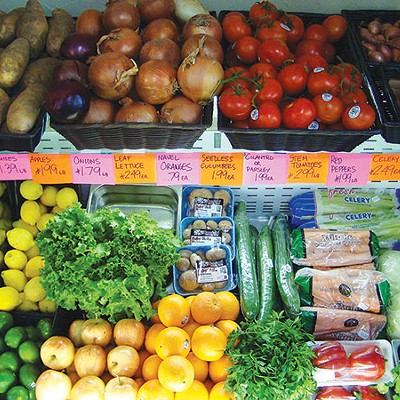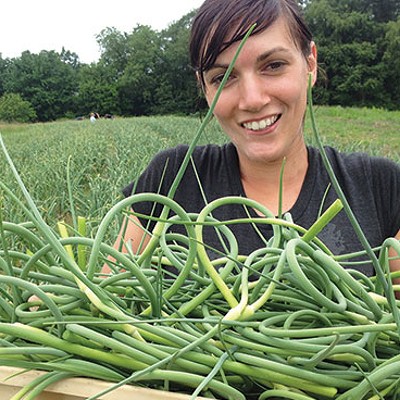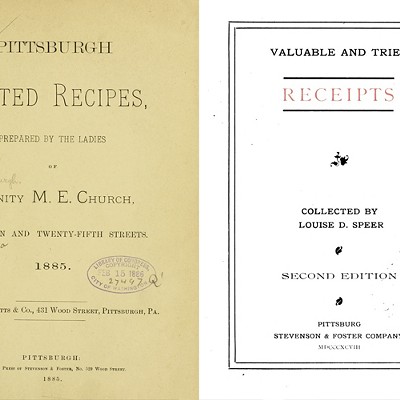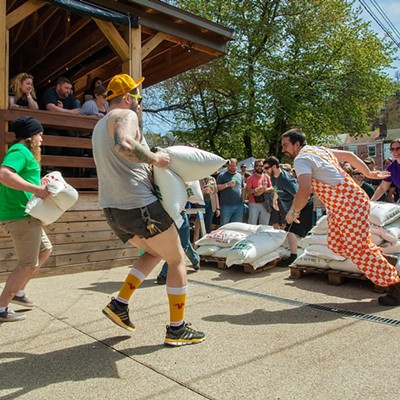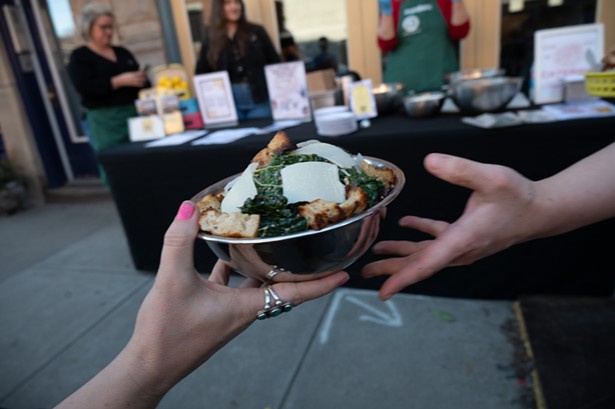These days, what goes onto your plate is an issue of growing importance. But what about what's left over?
Nancy Martin, an environmental educator at the Pennsylvania Resources Council (PRC), says that "winter is a great time to start vermicomposting" — composting with worms.
Vermicomposting is done in indoor bins with the help of worms — usually "red wigglers" — that process food scraps and turn them into a valuable, nutrient-rich fertilizer, suitable for use in the garden. Letting worms digest your food scraps, Martin says, "helps return needed nutrients back to the earth where they belong." The worms can eat up to half their full body weight daily, and they multiply, so as time goes on, you can compost more and more food.
The PRC is holding two vermicomposting workshops in the months ahead, one at Phipps Garden Center on Feb. 13, and one at the South Side's CCI Center on March 20 (www.zerowastepgh.com or 412-488-7490, ext. 226 to register).
Cities like Portland, San Francisco and Seattle have organized composting programs, but Pittsburghers still act independently in order to prevent their share of the 36 million tons of food waste — the largest component of solid waste material, according to the Environmental Protection Agency — from reaching landfills each year.
If vermicomposting is done properly, there should be no odor — a common fear — nor a chance for the worms to escape. Worms "like moist, dark places with a steady food supply and want to stay there," Martin says.
The fee for the PRC workshops ($50/individual, $55/couple), will cover "everything [participants] need to go home and start composting without missing a beat," says Martin. And if you're a gardener, you're going to save money on fertilizer.
So what does this all have to do with your food?
"It's crucial that our plant nutrients are returned to the earth," states Martin. Soil is made up of roughly 45 percent minerals, 25 percent water, 25 percent air and 5 percent organic material. "We need those nutrients in the soil."
"It's a part of a whole-systems approach" to the food cycle, Martin says. "The healthier our soil, the healthier our food."


